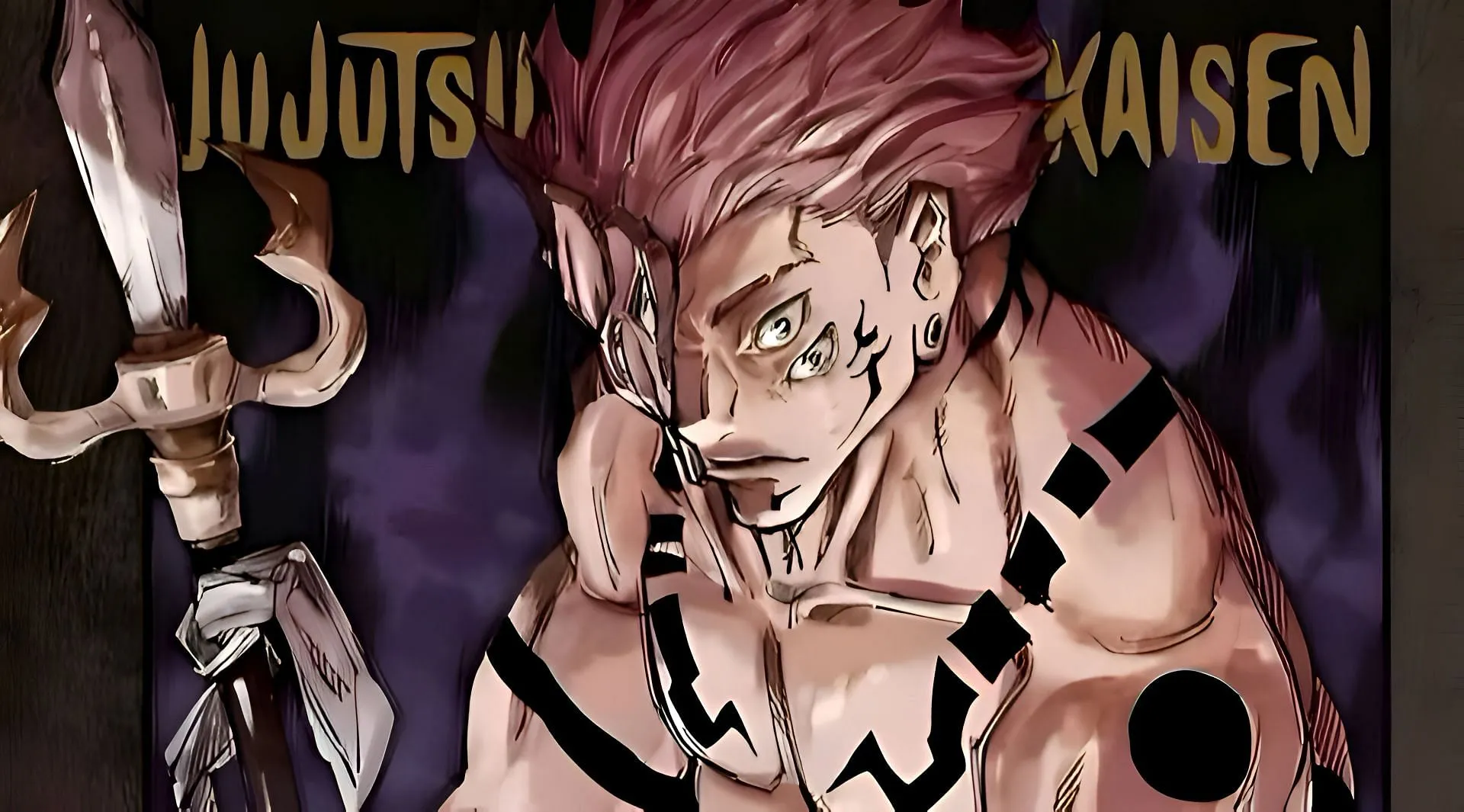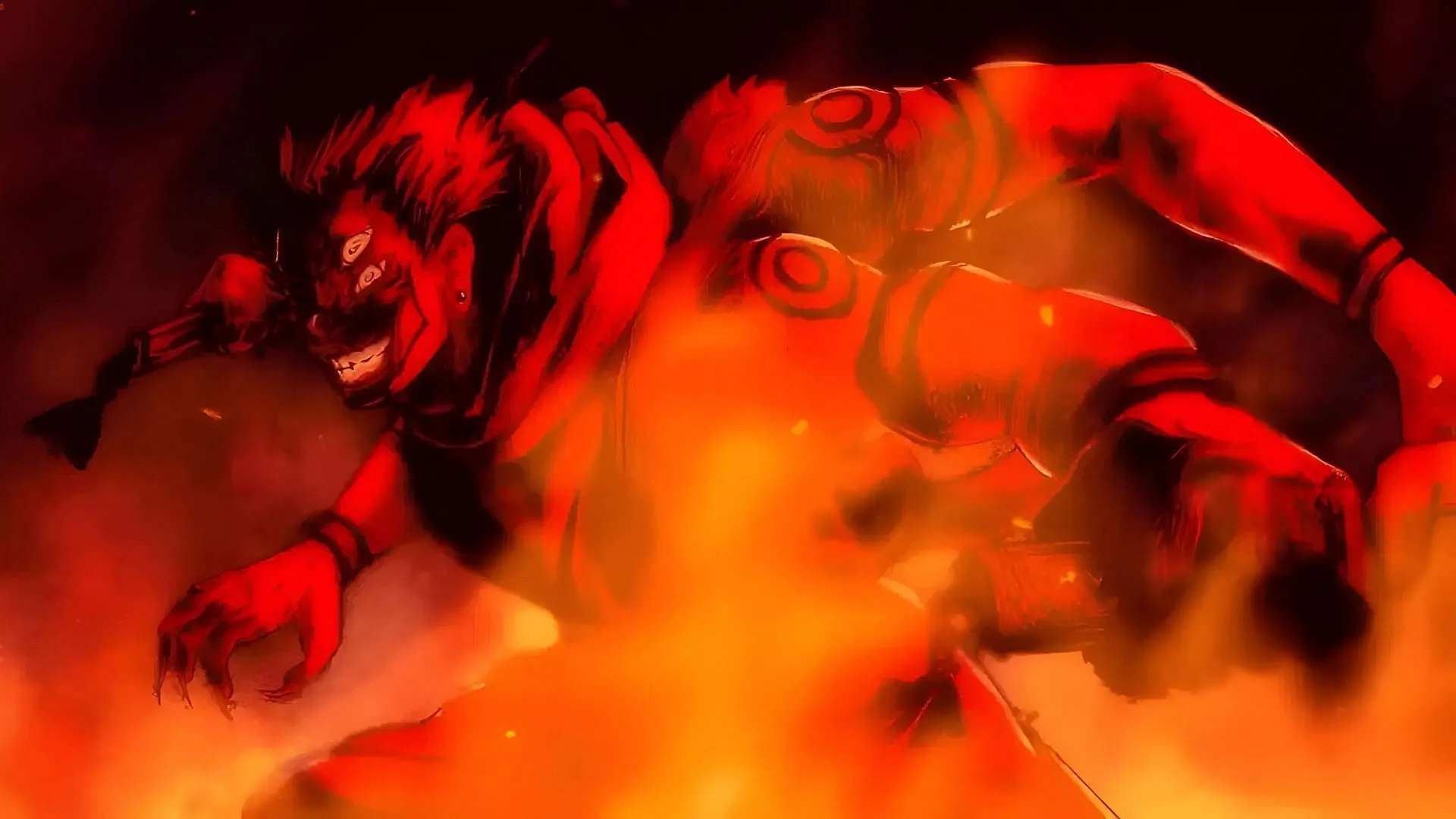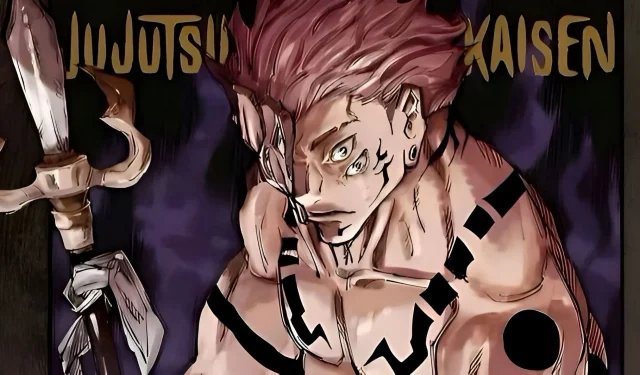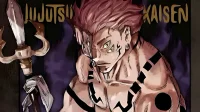In the wake of the Jujutsu Kaisen climax, many fans have voiced concerns about the hurried storytelling in the manga. While Gege Akutami, the creator, often leaves certain questions unanswered, some crucial issues still linger. Notably, the official translation of the series has drawn significant criticism from the fandom.
John Werry, the official English translator for Gege Akutami’s acclaimed work, has not garnered praise for his translations. His interpretation is often seen as convoluted, which is particularly evident in the dialogue of Sukuna, the series’ infamous antagonist. Many fans feel that the complexity of the English translations detracts from Sukuna’s menacing presence, leaving his character’s essence somewhat diluted.
Disclaimer: This article discusses potential spoilers from the manga series and reflects the author’s perspective.
Jujutsu Kaisen: Addressing the Translation Concerns

John Werry is well-established within Viz Media as a translator for various prominent manga, including titles like Demon Slayer and One Punch Man. Despite this experience, Werry’s handling of key scenes in Jujutsu Kaisen has sparked frustration among fans, particularly regarding how he has translated pivotal panels involving Ryomen Sukuna.
As the principal antagonist of Jujutsu Kaisen, Sukuna’s dialogue is integral to his character development. Akutami intricately weaves his personality through smartly constructed language, yet the English translations often fail to capture this nuance, thus diminishing the impact of Sukuna’s presence.
One vivid illustration of this issue can be found in Chapter 247. Here, Sukuna explains the strategic execution of Domain Amplification against Gojo’s cursed technique, emphasizing how he cleverly paused Mahoraga’s adaptability. While the actual content is straightforward, the translation’s convoluted structure left many readers confused, obstructing their grasp of the mechanics behind domain amplification.

Moreover, Sukuna’s use of terminology that feels out of character in the official translation raises further concerns. This linguistic mismatch ultimately risks dulling the character’s intimidating ‘aura,’ making it difficult for readers to appreciate Sukuna as the formidable villain he is meant to be.
In-Depth Analysis and Conclusion
The official translations have come under fire not just for their complexity but also for inaccuracies. For instance, ambiguities in key panels have led to misunderstandings regarding critical character abilities and dialogue, such as the incorrect characterization of Cursed Spirit Manipulation between Gojo and Geto. Such errors contribute significantly to the diminishing impact of Akutami’s work as conveyed through Werry’s translations.
Though fans outside of English-speaking regions may not encounter these translation issues directly, Werry’s approach has been contentious since he began working on the series. The necessity for clearer, more accurate translations is evident to maintain the integrity of Jujutsu Kaisen for its global audience.


